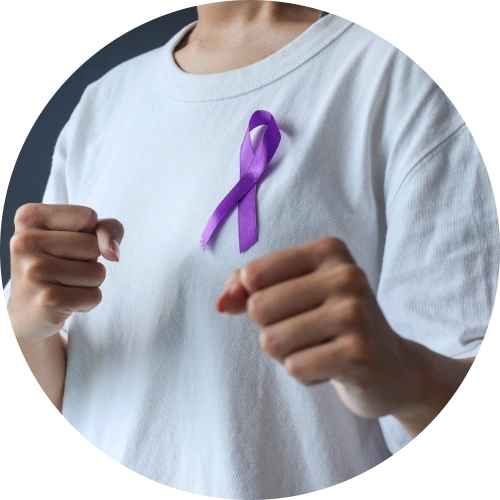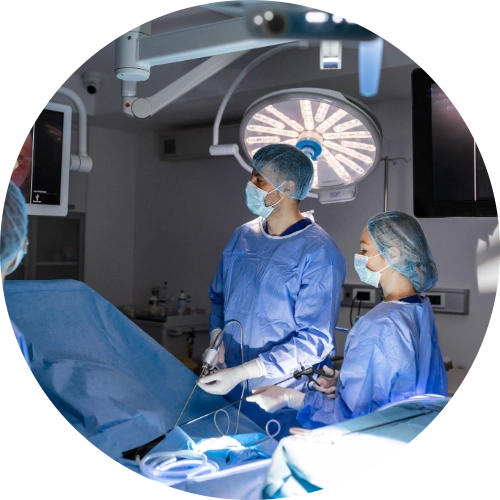What are Uterine Fibroids?
.png)
Uterine fibroids are noncancerous growths that develop in or on the uterus. Common among women of reproductive age, fibroids vary in size and number and can sometimes lead to pain, heavy periods, or fertility issues. While not life-threatening, they can significantly impact quality of life depending on their location and severity.
Quick Facts
- Heavy or prolonged menstrual bleeding
- Pelvic pain or pressure
- Frequent urination or difficulty emptying the bladder
- Pain during intercourse
- Lower back pain
- Reproductive or fertility issues
- Hormonal imbalances (especially estrogen and progesterone)
- Family history of fibroids
- Obesity
- Early onset of menstruation
- Vitamin D deficiency
- Lifestyle factors, including diet and stress
- Medications: Hormonal birth control, GnRH agonists, or non-hormonal medications to manage symptoms
- Minimally invasive procedures: Uterine fibroid embolization (UFE), laparoscopic or robotic myomectomy
- Surgical treatment: Hysterectomy for severe cases
- Watchful waiting: If fibroids aren’t causing symptoms
Specialties That Treat This Condition
What To Do Next?
If symptoms persist or interfere with daily life, a healthcare provider can help evaluate the cause and discuss appropriate next steps.
Medical Disclaimer: This content is provided for general educational and informational purposes only and does not constitute medical advice, diagnosis, or treatment. Conditions and treatment options vary by individual. Always consult a qualified healthcare provider regarding symptoms or medical concerns.



